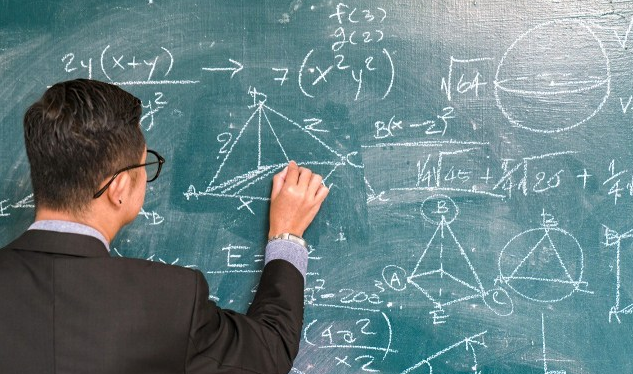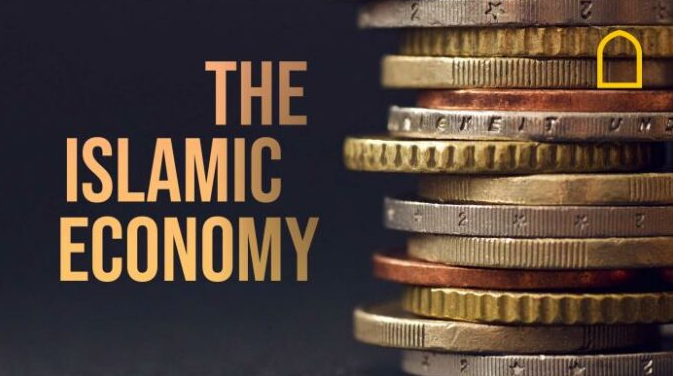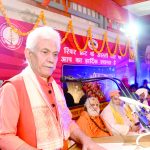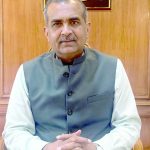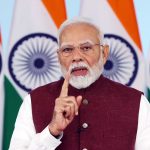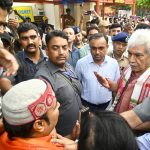Investments made in children’s education in general are a good indicator of a country’s modernity and development. A total of Rs 1,04,278 crore has been allocated for the education budget for 2022–23, an increase of Rs 11,054 crore from the previous year. The union government spent about 3% of GDP between 2014–15 and 2018–19 on education, according to the Economic Survey 2020–21. The National Education Policy (NEP) of 1968, suggested that 6% of GDP be allocated to education. This suggestion has been reaffirmed by NEP of 2020. However, the experts expect this percentage (3%) to go up to at least 8-9% this year. Atleast 8-9% of GDP should be put aside for education. It has been found that Children’s learning outcomes in India have steadily declined over the past fifteen years. More funding is required for primary, secondary, and tertiary education, but we also need to consider about programmes that will give our youth who are not currently in school the skills and mathematical knowledge they need to become employable.
The National Achievement Survey (NAS), carried out every three years by the central government, and the Annual Status of Education Report (ASER), conducted annually by Pratham, both study the state of the educational system and highlight learning levels, enrolment rates, and significant gaps in the system, among other things. These reports show that even though more children graduate into higher classes each year, very few of them perform at the levels that are expected due to their lack of skill. A skilled person needs to be numerate or mathematically literate in order to succeed more. Modern societies value educating the public in mathematics and aspire to a strong mathematical elite that will help shape the knowledge economy of the 21st century. At the same time, everyone agrees that it is challenging to become proficient in mathematics.
Given India’s long history in mathematics, the world may look to India to produce outstanding mathematicians. However, given India’s endemic poverty issues and the difficulty of universalizing education, this expectation may be unwarranted. India has nevertheless succeeded in producing mathematicians like Ramanujan and Harish-Chandra despite all the obstacles. This creates an intriguing overall picture. One should think about the aspirations of the Indian people themselves instead of the expectations of the global elite. Education is viewed as the most important tool for escaping poverty in a population that is largely poor (by any standards). The ability to “calculate,” “estimate,” and “predict” are seen by the illiterate or neo-literate poor as essential life skills that education must impart; these skills have mathematics as their natural home in the school curriculum. This was demonstrated by many adult education programmes in India. Once more, one senses disappointment that such skills are not taught in formal education. After that, a pool of innumerates is created.
It is upsetting to see the math test scores in elementary and secondary schools around the world. Recently, the effects of education have been assessed in many nations, and the findings in mathematics are distressing. They demonstrate that while the majority of students can perform basic arithmetic computations after finishing primary school, they are unable to solve relatively straightforward story problems that need the use of mathematics. We can look at how adults use mathematics to determine how effective schools have been in their math instruction. Adults in developing nations including our own nation, according to research, have poor problem-solving abilities and little memory of the math they learned in school. The majority of adults in the workforce steer clear of math, but when it comes to solving problems, they turn to unconventional algorithms that they came up with on their own and which don’t always work. Adults’ answers using unconventional techniques for resolving market problems are often accurate or very close to it, even though the outcomes are typically much worse, and their completely illogical responses are never even questioned.
Regarding new mathematical skills for modern societies, nearly every mathematics programme in the world is undergoing changes as a result of this dissatisfaction with students’ mathematical knowledge after leaving school. The abrupt switch from teaching “modern mathematics” to conventional mathematics has not equipped young people for the roles they will play in societies that are changing quickly. Teaching students the fundamentals of mathematics is comparable to teaching them how to operate a team of horses and tell the time by the sun when what they will soon need to know is how to operate a car or a plane, how to read a computer graph, how much fertiliser should be ordered this season, or how much water is given to a specific plant.
When our students have attended school for twelve years—eight in primary and four in secondary—what do we want them to know about mathematics? The ability of students to reason intelligently with qualitative data is what Prof. James Fey, one of the top math educators in the USA, believes to be the most crucial objective of school mathematics. This mathematical skill is required in everyday life. Further, they should be good at numeracy. Numeracy is defined as those mathematical skills that allow a person to handle the practical demands of daily life, according to the Cockcraft report (1982), Mathematics Counts.
Technology offers completely new ways to approach mathematical concepts and skills. Even before microcomputers, the prevalence of pocket calculators had rendered the ability to perform lengthy calculations on paper obsolete. As a result, students who have only learned to perform arithmetical calculations throughout their many years in primary school end up with no more skills than can be found in a pocket calculator that costs the equivalent of a pizza. In order to enable people to use calculators effectively, there should be a shift in emphasis away from the speed and accuracy of paper and pencil algorithms and toward conceptual understanding and problem-solving techniques. Finding a balance between them is a challenging task.
Since more than fifteen years ago, there have been microcomputer programmes that can solve any algebraic, matrix, differential, or integral equation numerically. A wide range of nearly automatic visual displays, including scatter diagrams with their linear or higher order least-square fits, charts, and many different types of graphs, are now available on microcomputers. These statistical packages enable users to calculate nearly all statistical measures of the data automatically with the touch of a finger. Our challenges now are with understanding them rather than with calculating these metrics. Data collection, storage, analysis, graphic display, and communication have all changed as a result of computers. We can teach mathematics in new ways thanks to computers, especially microcomputers. There are now programmes that make it simple to perform algebraic operations (e.g., muMATH).
Analytical solutions to numerous equations and the integration and differentiation of functions are possible. If, according to NEP-2020, there is an excessive focus on teaching only skills, this is the main component of what is now covered in school mathematics. Instead of learning routine symbol manipulations, it is now fundamental in school mathematics to know when and how to apply these skills. For a deeper understanding of the concepts, primary school students can use Kindergarten Math or Komodo Math-like computer programmes, and secondary school students can use IXL Math, Geogebra, Desmos, or Protractor-like computer programmes.
Another reason to value mathematics skills is their capacity to metaphorically represent the natural world. Many math students—possibly the majority—are so mired in its symbolism and seemingly arbitrary methods that they fail to recognise its beauty. However, anyone who learns it skillfully will be able to recognise the superiority of abstract thought over the power of authority. If math educators and curriculum designers collaborate, we might witness the emergence of a new method of math instruction that would enable everyone to use math with confidence and no tears in the future.
We might see mathematics becoming, in people’s minds, as ordinary and necessary as reading and writing. And who knows—learning mathematics in schools through worthwhile and relevant group projects could help foster the cooperative spirit required to make the world a better place. So, to remain relevant in the future, being literate in general is not enough; it is preferable to be numerate or mathematically literate with skills of higher success.
(The Author is Sr. Academic Officer (Physics), State Council of Educational Research & Training (SCERT), Kashmir Division (SCERT), Bemina, Srinagar. Email: [email protected])


